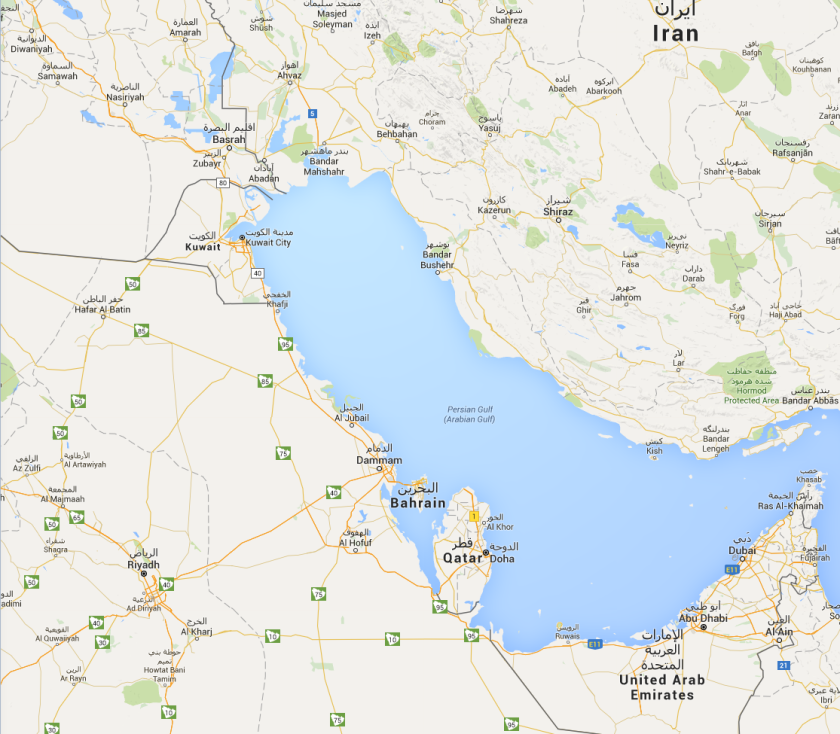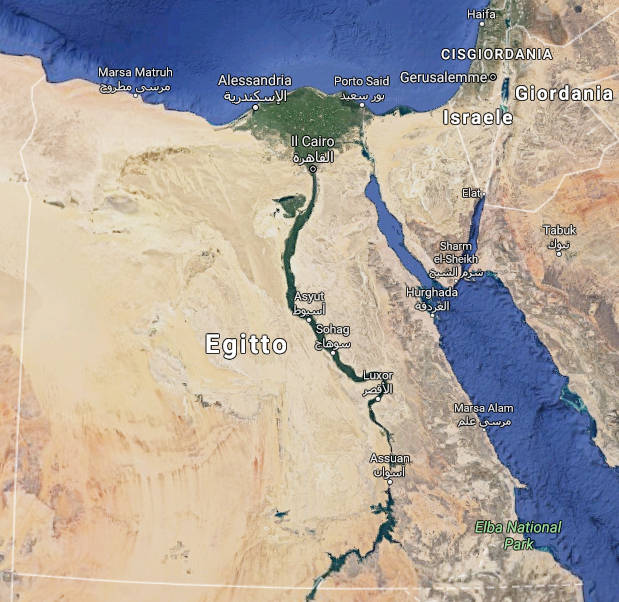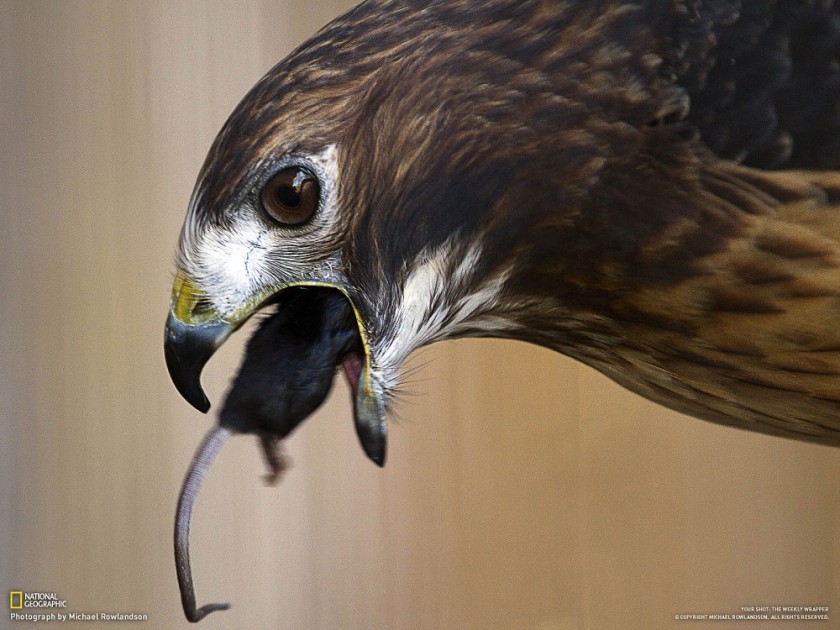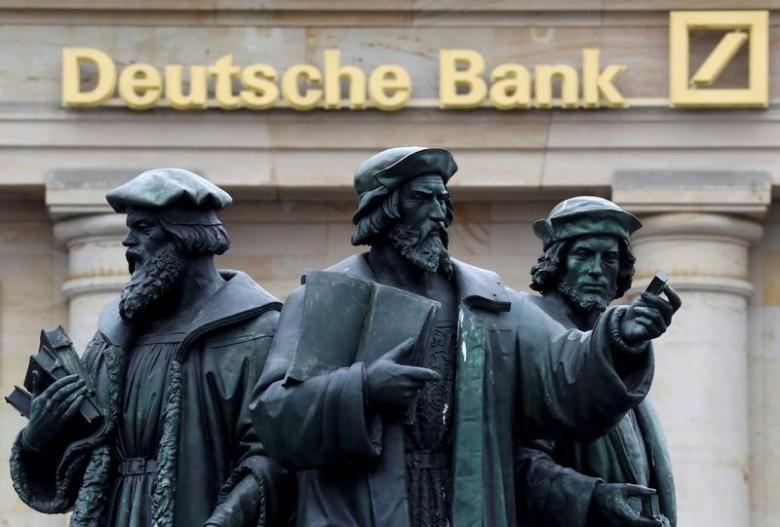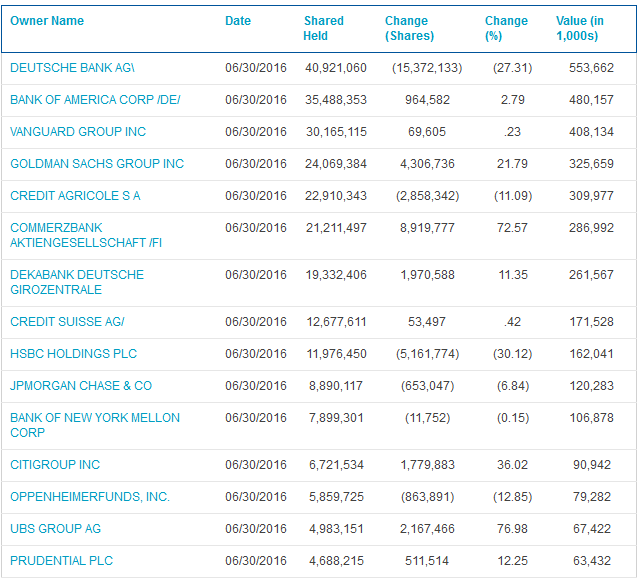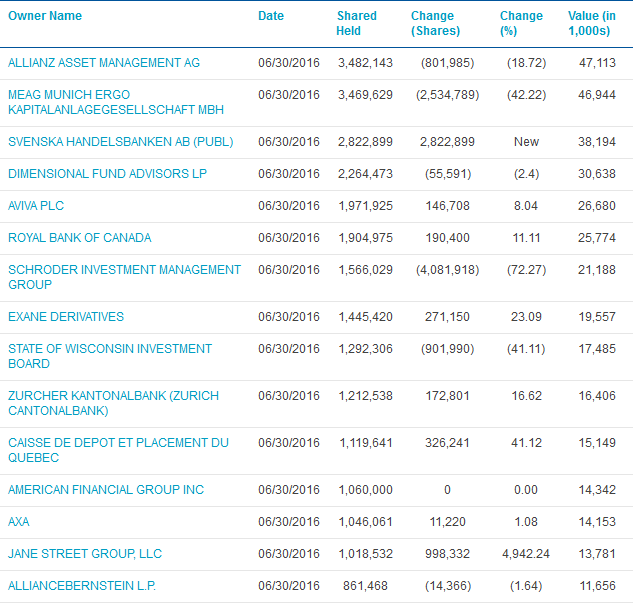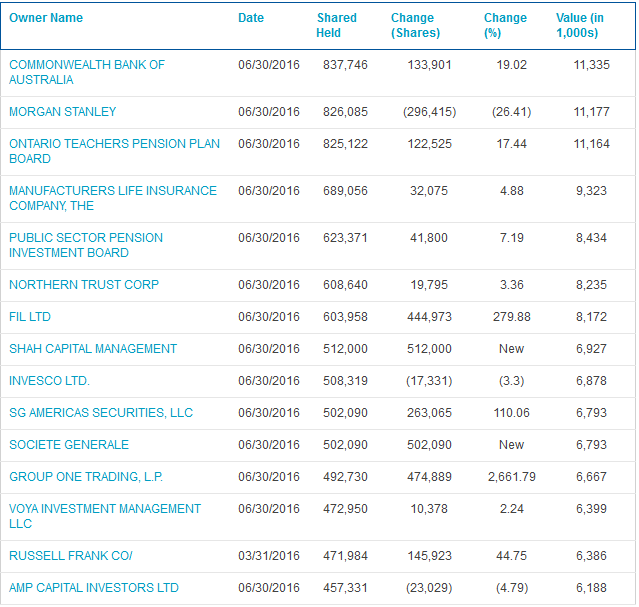Giuseppe Sandro Mela.
2018-06-11.
Il Medio Oriente è uno scacchiere geopolitico davvero molto complesso.
Virtualmente, tutti gli stati che vi appartengono si odiano l’un l’altro di odi secolari, laddove alle lotte religiose ed etniche si sono aggiunte negli ultimi decenni anche quelli economici.
Poi, come se la cosa non fosse sufficiente, tutte le grandi potenze mondiali stanno versano a piene mani benzina sul fuoco.
Per finire, come se poi ce ne fosse stato tanto bisogno, il carattere degli arabi è spesso ambiguo, le loro posizioni sempre sfumate, e con grande facilità sanno tenere il piede non in due, ma anche in quattro scarpe. Con loro, nulla potrebbe mai dirsi definitivo.
Se è vero che usualmente mantengono le parole date, sarebbe altrettanto vero ammettere che cerchino in ogni modo di eluderne gli obblighi.
*
«Il Qatar aspira a entrare nell’Alleanza atlantica»
*
«Il vicepremier ha precisato che il Qatar è già preparato al dispiegamento di «qualsiasi unità della Nato» sul suo territorio»
*
«Le dichiarazioni arrivano a un anno dal blocco economico lanciato dal cosiddetto Quartetto (Arabia Saudita, Emirati arabi, Bahrein, Egitto).»
*
«Doha ha però sempre respinto le accuse di appoggiare «gruppi terroristici», come Hamas o Hezbollah»
*
«L’Arabia Saudita ha di nuovo minacciato di invadere il piccolo regno se procederà all’acquisto del sistema anti-aereo russo S-400»
*
«Il Qatar resta un alleato militare chiave degli Usa»
*
«Vicino a Doha c’è la base americana di Al-Udeid, la più grande in Medio Oriente, con oltre cinquemila uomini schierati e decine di cacciabombardieri»
